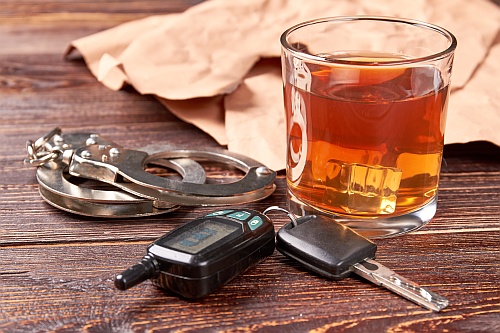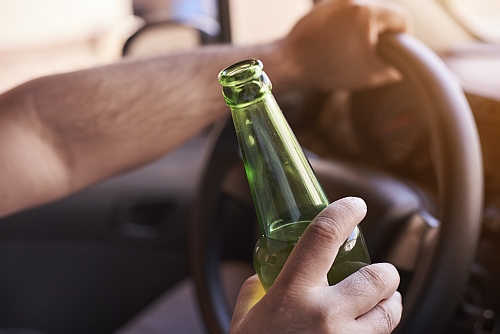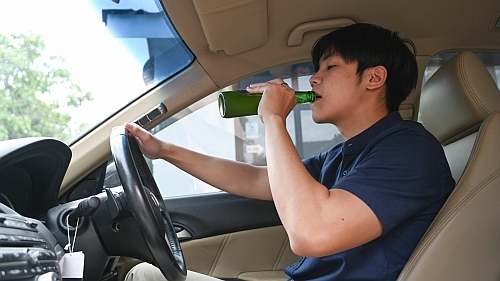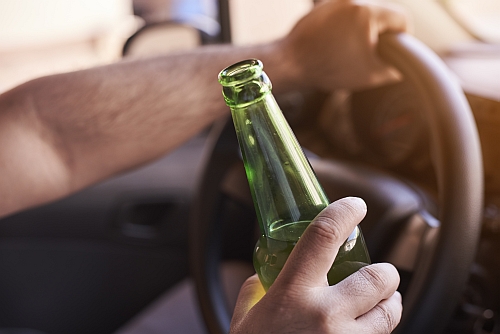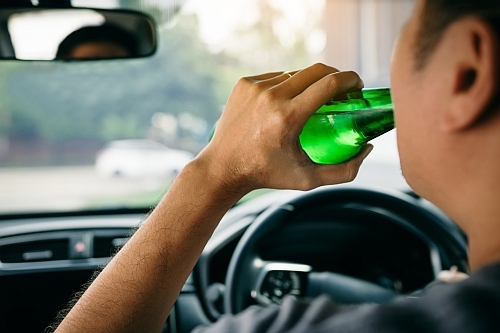- December 8, 2023
Ever been pulled over after having a couple of drinks? You know the drill. The officer asks you to step out of the vehicle and go through a series of field sobriety tests to determine if you’ve been driving under the influence. The problem is that they aren’t always accurate indicators of blood alcohol concentration or impairment.
Nerves, fatigue, medications, injuries, and natural variations in coordination and balance can influence your performance and lead an officer to wrongly determine you’re intoxicated when you’re not.
If you are charged with driving under the influence, you should hire an experienced Charleston DUI attorney to represent you. Contact our law firm today for a free consultation.
Horizontal Gaze Nystagmus Test (HGN)
The Horizontal Gaze Nystagmus (HGN) test is one of the standardized field sobriety tests used by officers to determine if a driver may be impaired. For this test, the officer moves a pen or finger side to side in front of the driver’s face and watches for involuntary jerking of the eyes.
For the test, the officer holds the object about 12 to 15 inches in front of the driver’s nose. They move the object smoothly from side to side, taking about 2 seconds for each pass across the field of vision. The officer looks for three clues in each eye:
- The eyes jerk or stutter instead of following the object smoothly.
- The eyes jerk noticeably when moved as far as possible to the side.
- The eyes start jerking before the object moves 45 degrees to the side.
According to NHTSA standards, the presence of 4 or more clues indicates the driver may be impaired. However, some researchers argue that certain conditions like eye muscle problems, exposure to chemicals, and even caffeine consumption can trigger nystagmus and lead to false positives during field sobriety testing.
Walk-and-Turn Test (WAT)
The Walk-and-Turn test (WAT) requires you to walk heel-to-toe along a straight line, make a turn, and walk back, all while following the officer’s instructions. This divided attention test can be challenging even for sober drivers.
The officer will first demonstrate the test and then have you stand with your arms at your sides, left foot on the line, right foot in front of it, heel-to-toe. They will tell you to take nine heel-to-toe steps down the line, pivoting on one foot to turn, and take nine heel-to-toe steps back. You must keep your arms at your sides, watch your feet at all times, and count each step out loud.
This test goes against how humans naturally walk. Our bodies aren’t meant to balance on one foot or walk heel-to-toe. The instructions are numerous and can be hard to keep straight, especially if you’re nervous. Many officers don’t use actual lines, making it more difficult. All this adds up to many opportunities for errors that could wrongly imply intoxication.
One-Leg Stand (OLS)
The one-leg stand test is one of the most commonly administered field sobriety tests. During this test, the police officer will instruct you to stand on one leg, raise the other foot about six inches off the ground, and count out loud in the following manner: “one one-thousand, two one-thousand, three one-thousand,” and so on until told to stop.
Balancing on one leg for that long, especially at night and possibly while intoxicated, can be quite challenging. The officer is looking for signs that you are having trouble balancing, like:
- Swaying from side to side
- Using your arms for balance
- Hopping to maintain your balance
- Putting your foot down before 30 seconds is up
Even perfectly sober individuals may have trouble balancing on one leg for 30 seconds. Age, physical fitness, footwear, and surface conditions can all affect a person’s balance. Because of this, the one-leg stand test is not always an accurate indicator of intoxication.
Can I Refuse to Take Field Sobriety Tests?
Roadside field sobriety tests are not mandatory in South Carolina. You can refuse these tests. However, your driver’s license will be suspended if you refuse to take a breathalyzer test under South Carolina’s DUI laws.
Hire a Qualified Charleston DUI Attorney
If you are charged with driving under the influence, you must retain an experienced DUI attorney to represent you. At Charleston DUI Guy, we have years of experience handling such cases. We promise to use our expertise to defend you and seek the best possible outcome.
We will examine the details of your arrest, review any video evidence, and ensure your rights were not violated during questioning or sobriety testing procedures.
Call us at (843) 277-8711 for a free consultation. With the right defense, many DUI charges are reduced or dropped entirely. Let our team fight for you.


